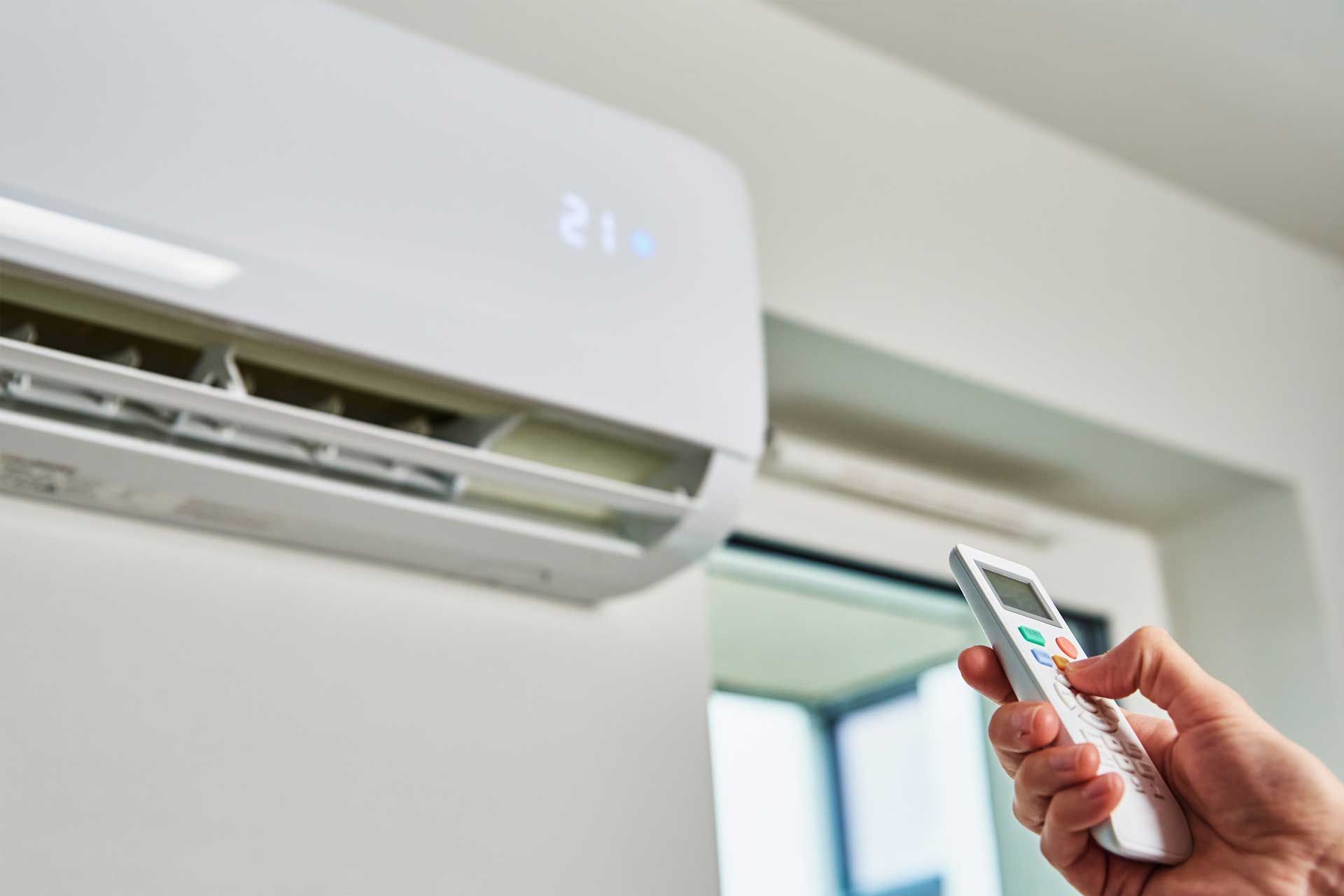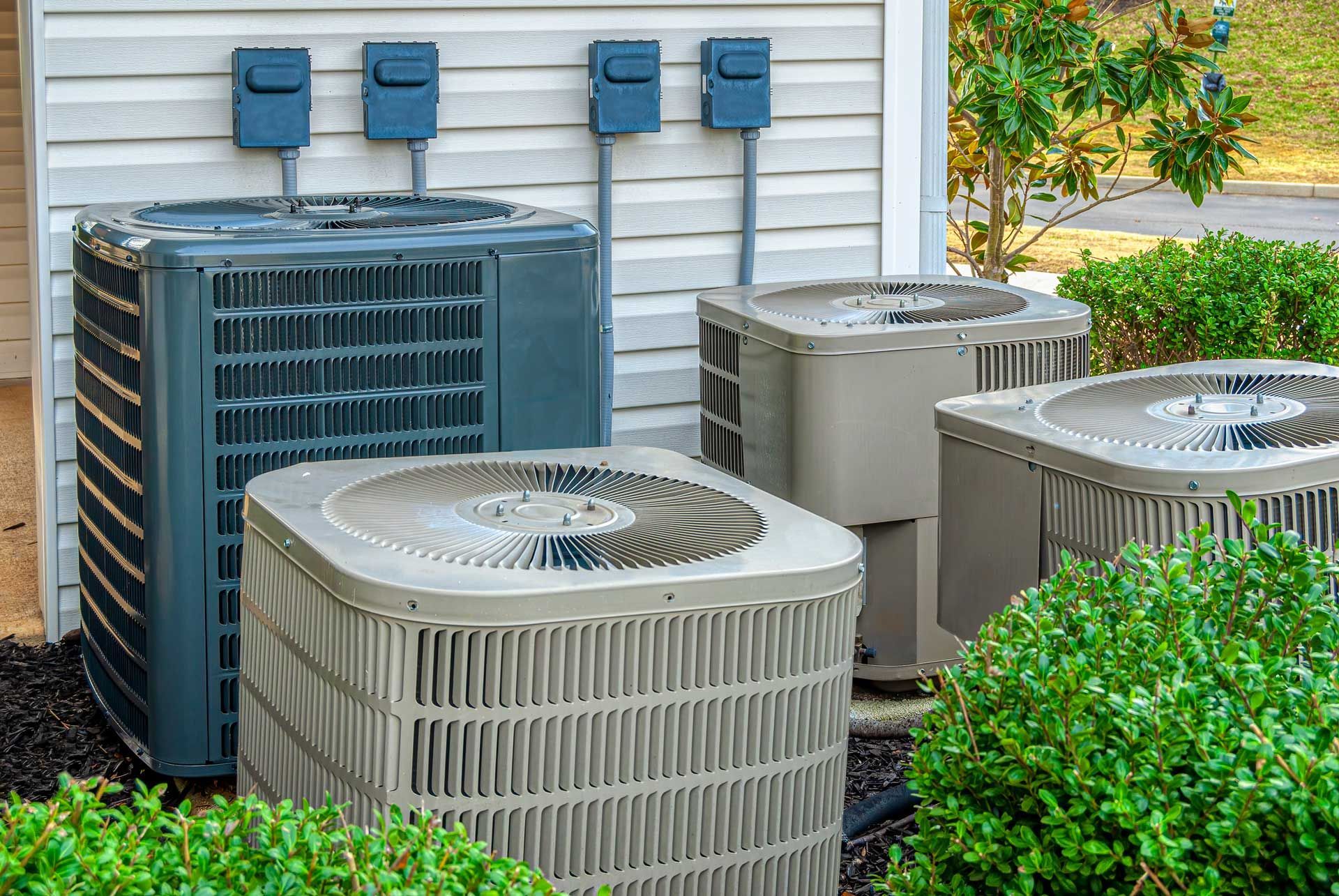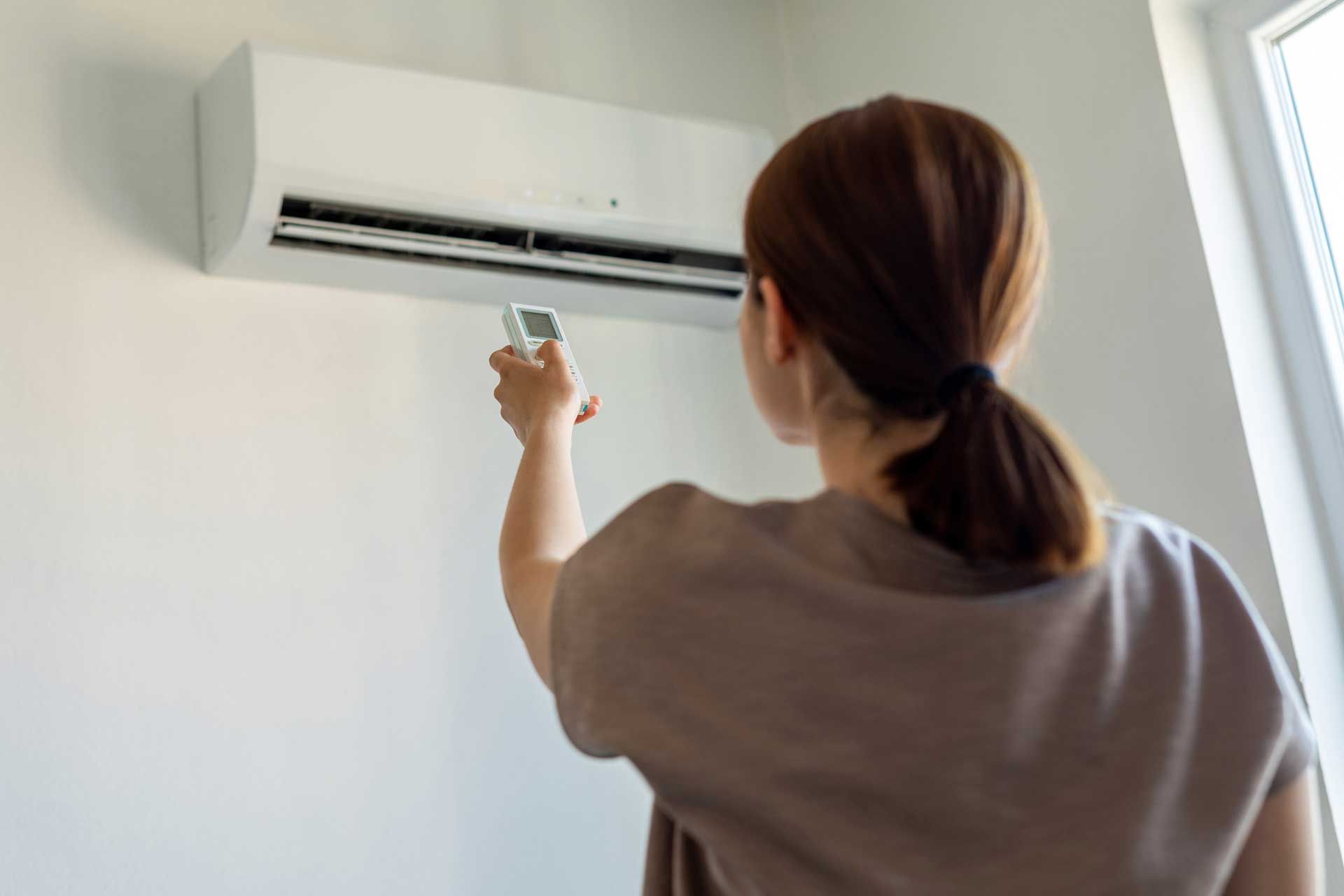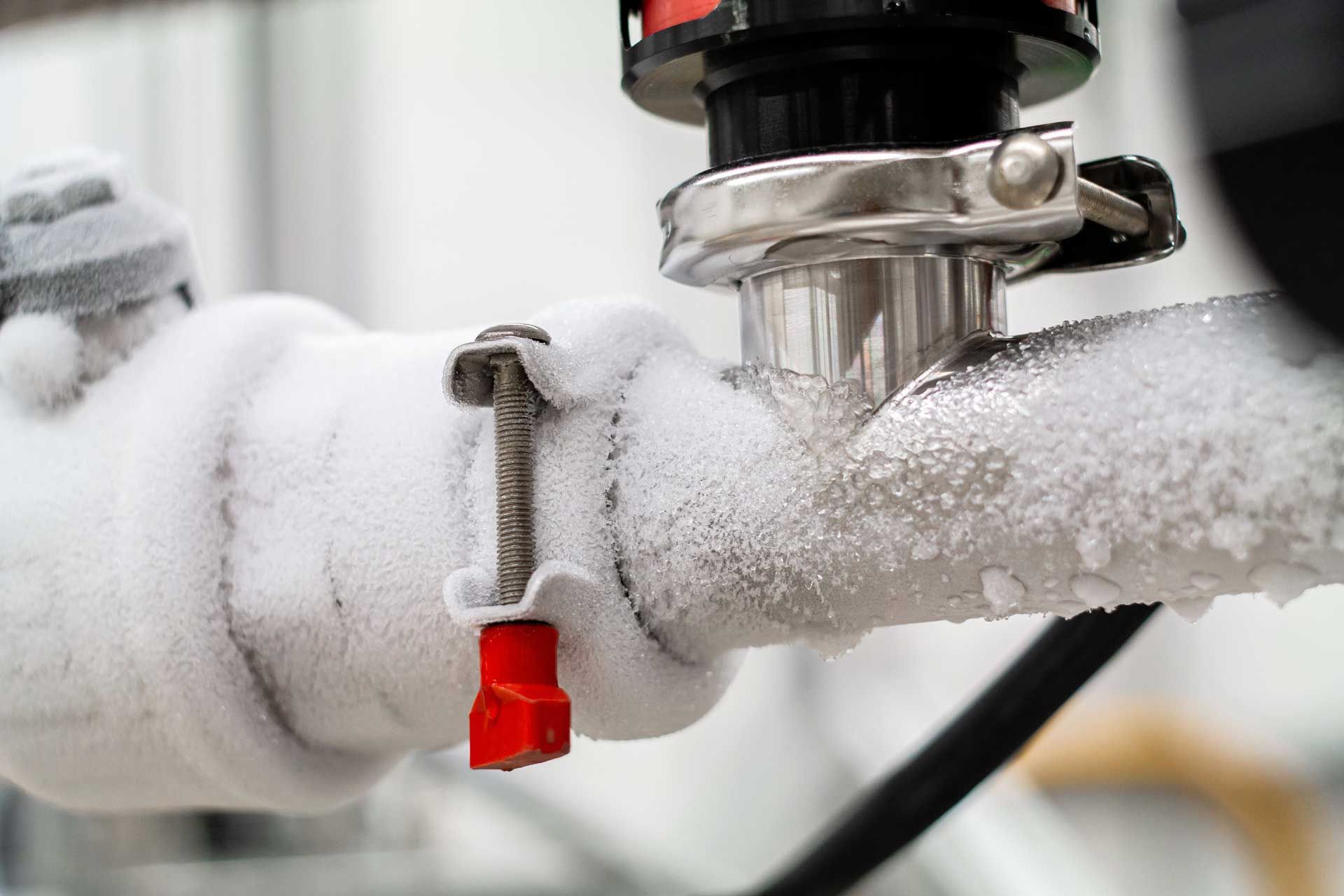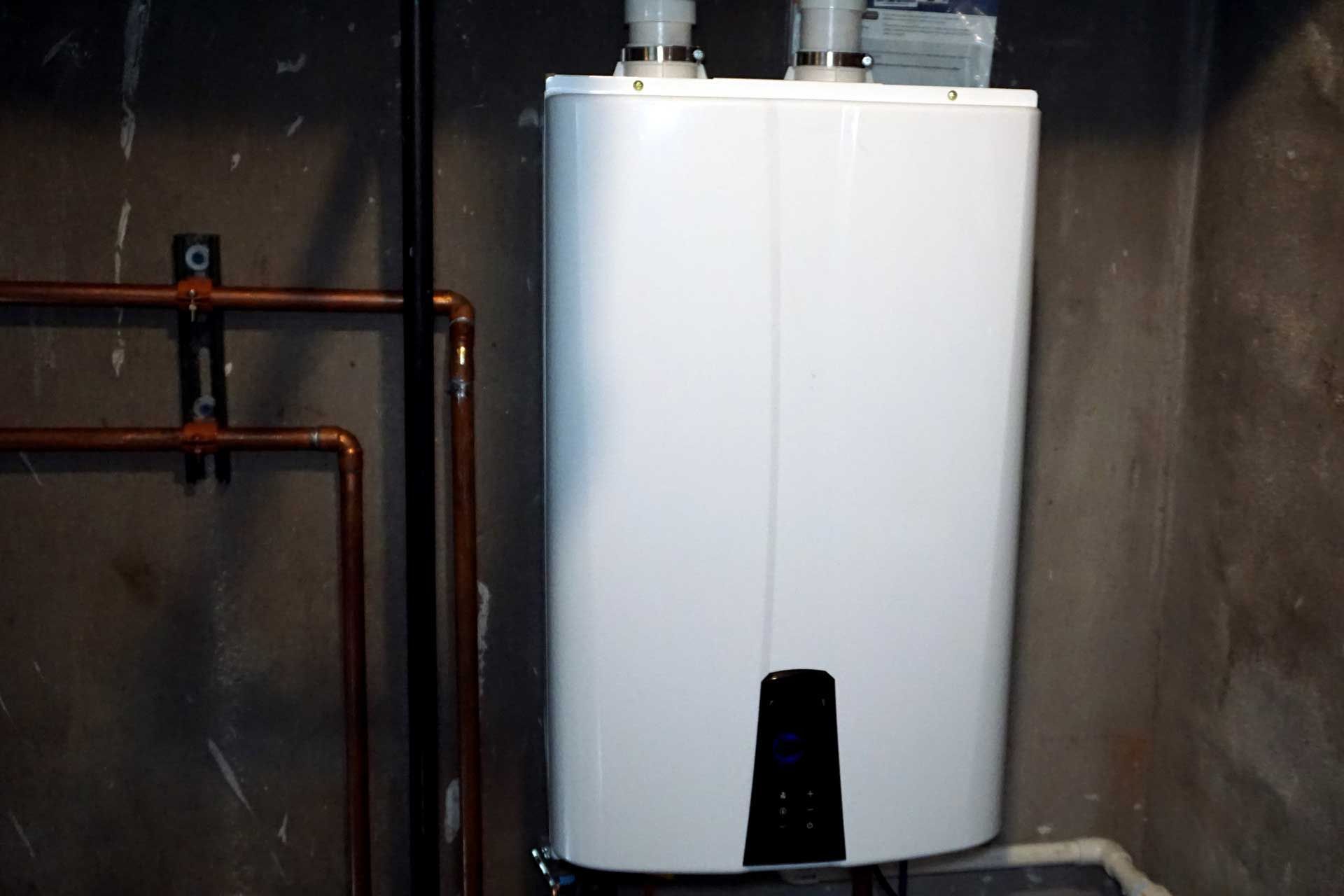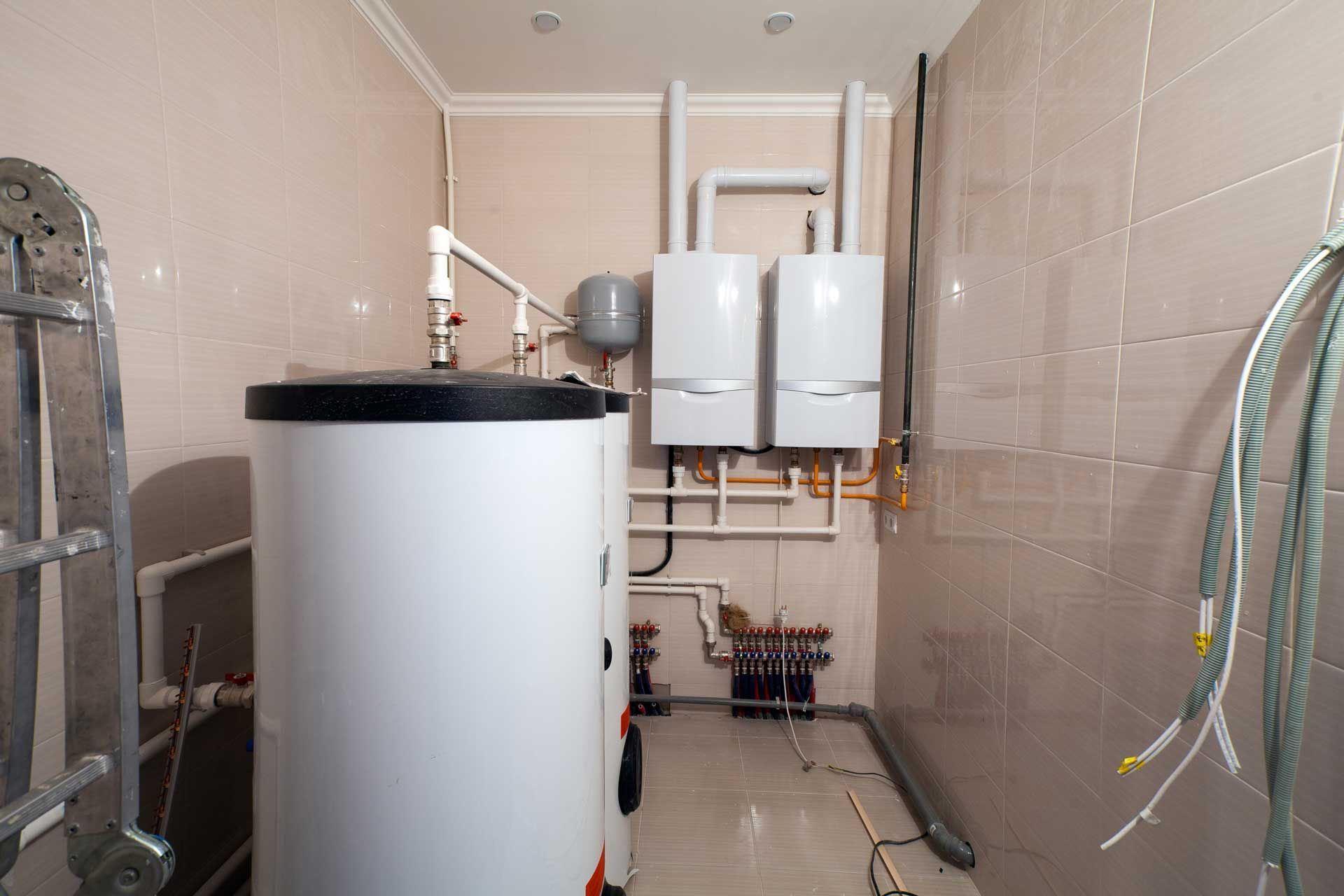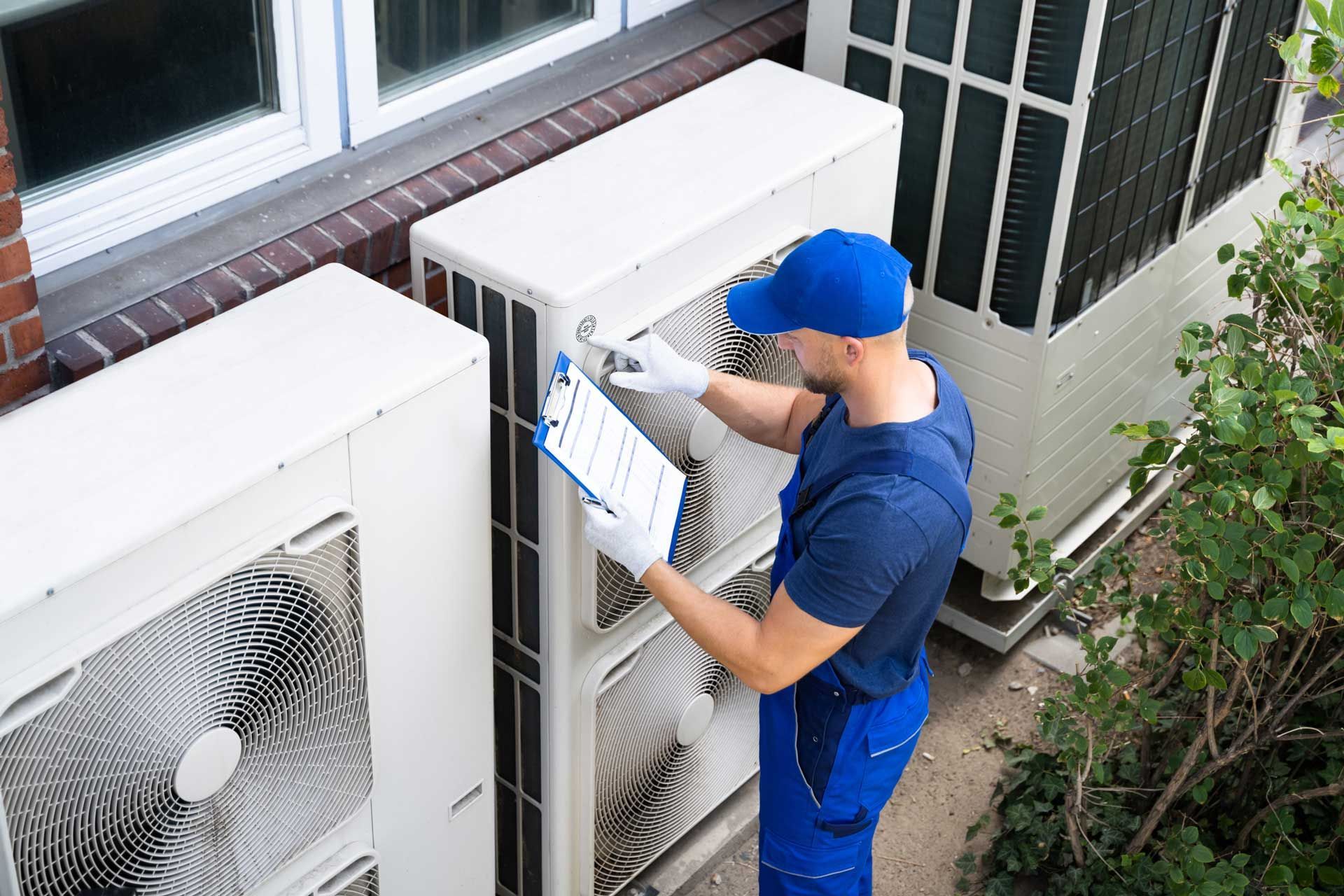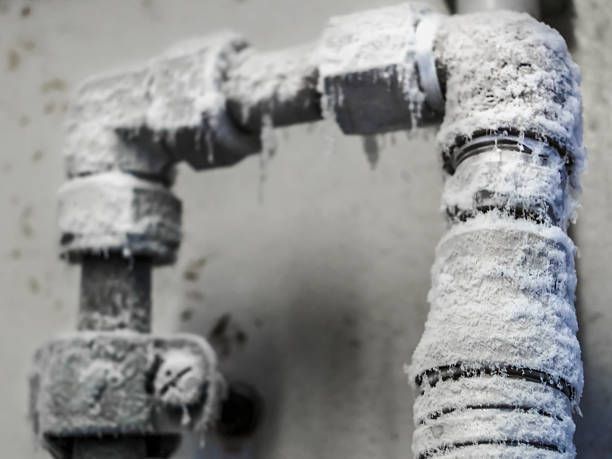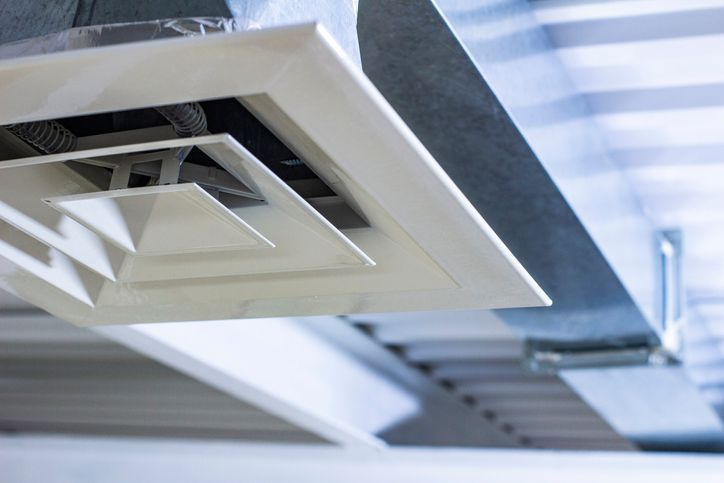gwpms@yahoo.com
Blog Layout
2 Factors That Can Cause Premature Water Heater Failure
Jan 16, 2018
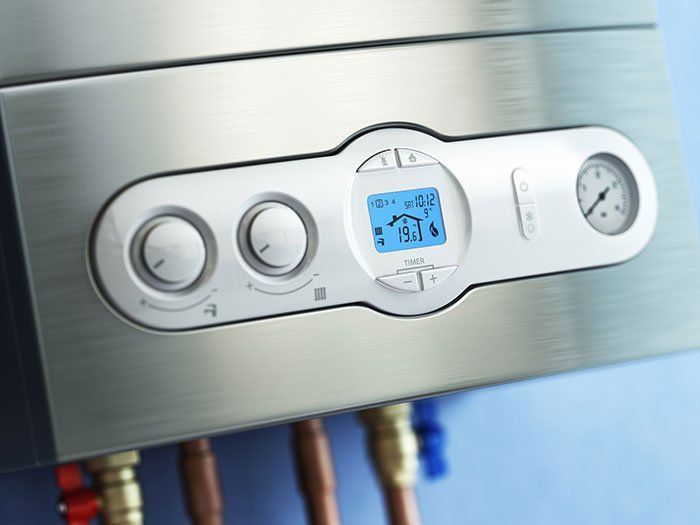
Water heaters represent one of the most important and highly used of all home appliances. Not only do they supply you with hot water for bathing and cleaning, but they also enable other key appliances to do their job, such as washing machines and dishwashers. A water heater must be constructed to withstand the rigors of hard daily use.
The general reliability of water heaters leads many people to take them for granted, putting off regular maintenance and servicing until it is too late. Unfortunately, this can lead to premature failure and other expensive problems. If you would like to improve your knowledge of water heater maintenance, read on. This article will discuss two quiet killers of neglected water heaters.
1. Mineral Sediment
With very few exceptions, all water contains a certain proportion of mineral content. This content is generally comprised of minerals like calcium and magnesium. When present in concentrations equal to or greater than 60 parts per million, such minerals will earn the hard-water designation.
Hard water is characterized by its tendency to leave behind whitish deposits on sinks, tubs, and plumbing fixtures. These deposits can become problematic as they build up over time. This is doubly true where water heaters are concerned. Even for those with relatively soft water, mineral build up can present difficulties if it’s not dealt with on a regular basis.
The high temperature inside a water heater acts to accelerate the process of mineral build up. Over time, a layer of solid mineral sediment will accumulate on the bottom of the tank. This sediment absorbs heat that ought to be warming the water inside of the tank. As a result, your water heater will have to run for a much longer time in order to achieve the desired water temperature.
This increases the overall wear and tear being placed on the heater — often leading to premature failure of the heating element. The good news is that you can avoid sediment-related problems by having a professional flush your water heater once a year or so. Not only will this prolong the life of your heater, but it will allow it to do its job more efficiently — cutting down on your energy consumption.
2. Internal Corrosion
Corrosion represents a serious threat to water heaters for the simple reason that they spend their entire lives being exposed to the most common cause of corrosion — water. Moreover, the corrosive properties of water are amplified by the high temperatures inside of a water heater tank. Without adequate protection, corrosion would soon chew right through the sidewall of a heater.
This protection comes in the form of the component known as an anode rod. This vital component literally sacrifices itself to protect your tank from corrosion. It consists of a steel wire coated in a combination of magnesium and aluminum metals. These soft metals provide a much more appealing target for corrosion than steel. As long as your anode rod remains good, your tank will be protected.
The key thing to realize is that an anode rod will gradually be reduced in size as corrosion continues to eat away at it. Eventually, only the inner steel wire will remain. At that point, corrosion begins attacking your tank once more. Left unchecked, that corrosion will lead to weak spots in the tank walls, which opens the door to leaks and ruptures.
In order to ensure that your tank remains protected from corrosion, you must have your anode rod inspected on a regular basis. This involves a professional draining the tank, and then physically detaching the anode rod in order to determine how much life is left in it.
For more information about what it takes to keep your water heater in good running order, feel free to contact us at Preferred Mechanical Services
.
Quick Links
Business Information
Phone: 317-924-4042
Email: gwpms@yahoo.com
Address: 67 North 2nd Avenue Beech Grove, IN 46107
24-Hour Emergency Service
PC License #CP10100003
Our Location
Content, including images, displayed on this website is protected by copyright laws. Downloading, republication, retransmission or reproduction of content on this website is strictly prohibited. Terms of Use
| Privacy Policy
